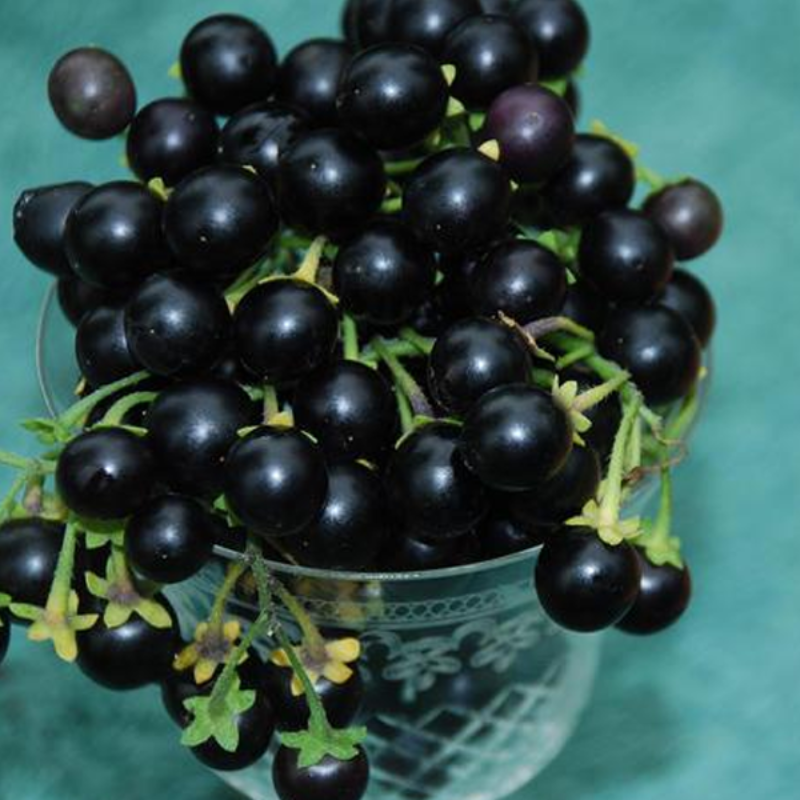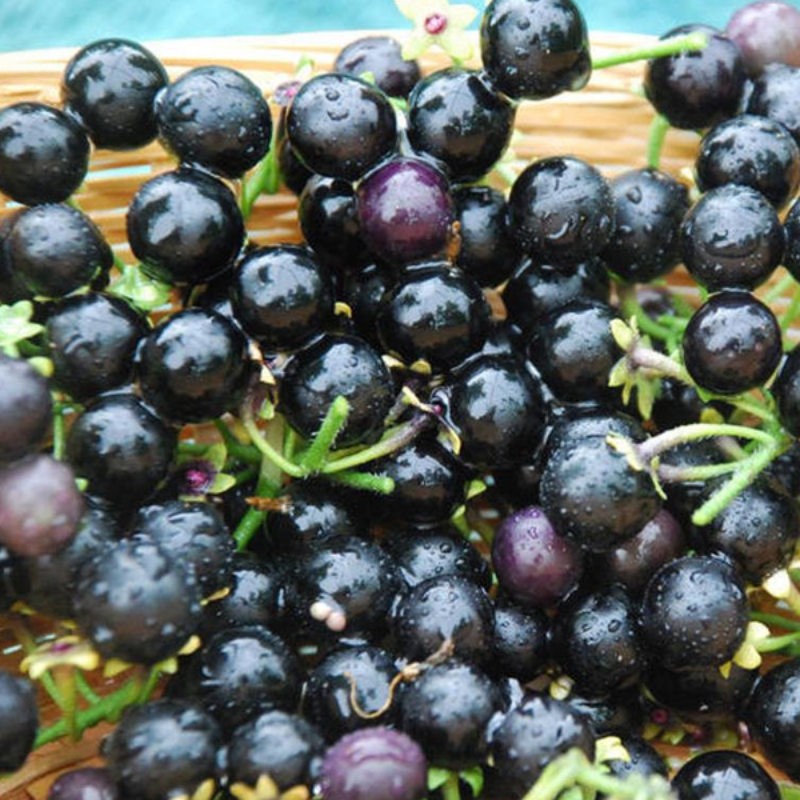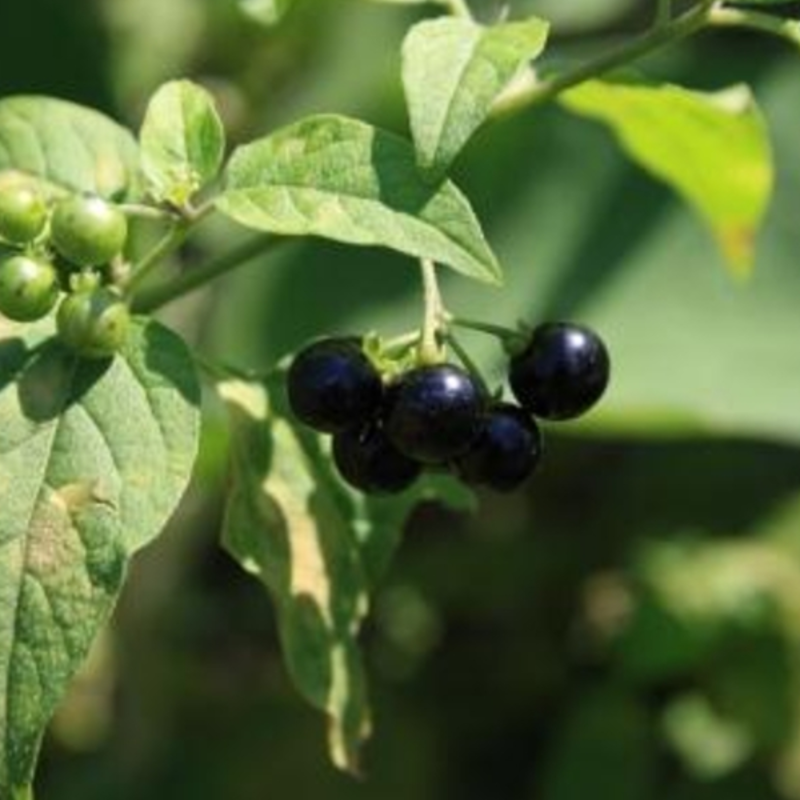- Species and varieties: Blueberries belong to the genus Vaccinium, and there are several species and varieties. The most common species are Vaccinium corymbosum (highbush blueberry), Vaccinium angustifolium (lowbush blueberry), and Vaccinium ashei (rabbiteye blueberry). Each species has numerous cultivars, such as 'Bluecrop', 'Duke', and 'Elliott' for highbush blueberries.
- Hybrid or heirloom: Blueberry seeds can be both hybrid and heirloom. Hybrid varieties are often bred for specific traits such as disease resistance, larger fruit size, and higher yield. Heirloom varieties are traditional cultivars that have been passed down through generations and are valued for their unique flavors and adaptability.
- Pruning and training: Pruning is essential for maintaining healthy blueberry plants and ensuring good fruit production. Prune blueberry bushes in late winter or early spring before new growth begins. Remove dead, damaged, or diseased wood, and thin out older canes to encourage new growth. Training young plants by removing flower buds in the first year can help establish a strong root system.
- Fertilization needs: Blueberries have specific fertilization needs due to their preference for acidic soil. Use a fertilizer formulated for acid-loving plants, such as those containing ammonium sulfate or sulfur-coated urea. Apply fertilizer in early spring and again in late spring, following the manufacturer's recommendations. Avoid over-fertilizing, as this can lead to excessive vegetative growth at the expense of fruit production.
- Hardiness zones: Blueberries are suitable for USDA hardiness zones 3 through 8, depending on the species and variety. Highbush blueberries thrive in zones 4 to 7, while lowbush blueberries are more cold-hardy and can grow in zones 3 to 6. Rabbiteye blueberries are better suited for warmer climates and grow well in zones 7 to 9.
- Climate requirements: Blueberries require a climate with cold winters to meet their chilling hour requirements, which are necessary for proper fruiting. They prefer acidic soil with a pH between 4.5 and 5.5, and they need well-drained soil with high organic matter. Blueberries also require full sun for optimal growth and fruit production.








